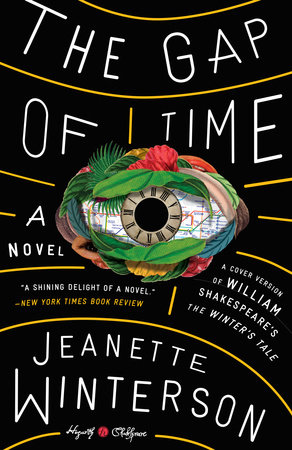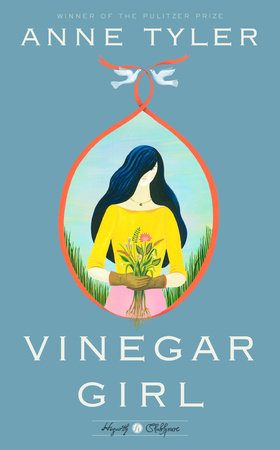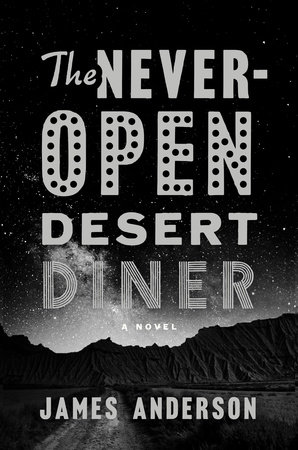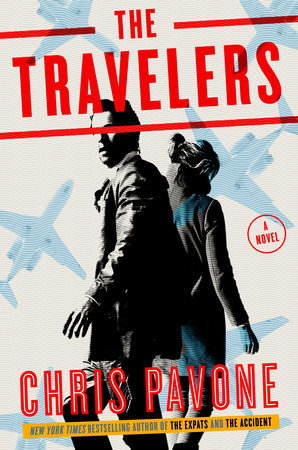
 Today I'd like to welcome author Laurel Garver to the blog. Laurel is the author of several books
Today I'd like to welcome author Laurel Garver to the blog. Laurel is the author of several books
 |
I had the privilege of reading this novel
early. It was wonderful! |
including:
Never Gone, Almost There, Muddy-fingered Midnights, and Emotions in the Wild.
How Fragile We Are: Building Story Tension through Illness and Injury
By Laurel Garver
If you want tension in your fiction that’s truly organic, you can’t go wrong with a character experiencing bodily weakness, whether due to illness or injury. It’s something every reader can relate to, at least to some degree. We’ve all had a stubbed toe or minor cut or bruise, fallen ill with a head cold or stomach ache.
Suffering a more serious injury is something we all deeply fear. The mere implied threat of it will naturally cause a self-protective fight-or-flight response. Illnesses provoke a similar fear—and often disgust as well, sure to create tension in any relationship.
No matter the time or setting, human characters are vulnerable to forces that can steal their health. This applies to every character in your story. Illness or injury can incapacitate or simply hobble your protagonist, and it can also remove his or her usual sources of help. It can threaten the protagonist’s one true love, or family, or other favorite people. It can also knock your antagonist down a few notches when you need to buy your protagonist time.
The illness or injury might also become a rallying point for your heroes, such as cancer or a sudden loss of sight that requires a team to help the affected person.
In my novel Almost There, I explore the way illnesses and injury can become a family’s rallying point. Illness also directly challenges my protagonist Dani’s core flaw—wanting to be in control—by first removing a source of help and then hobbling her. The medical components of this story took the most significant research and planning. Here are some lessons I learned from that process.
Do your homework before selecting your means of bringing on a fictional illness or injury. Some injuries heal more quickly than others, some are more dangerous in certain environments, some gradually drain a person of strength, and some will lead quickly to more serious issues. Not all illnesses are created equal either. Many vary in how they spread, how quickly or slowly they incubate before causing symptoms, and how easily they can be treated.
Some key things you want to know before picking your “poison”
Injuries
What commonly causes this?
What’s the typical range of severity?
How much and what kind of pain and discomfort accompany it?
What is the typical treatment for this injury?
How much professional care is usually called for?
What is the typical healing time?
What are the stages of healing?
What are common complications that prevent healing?
Under what circumstances might this injury prove permanently disabling or even fatal?
(For non-contemporary stories—how advanced is care for this kind of injury in my world?)
Illnesses
How is the illness contracted?
What is the incubation period?
Is there a vaccine? How effective is it?
What parts of the body does it effect and how?
How much and what kind of pain and discomfort accompany it?
What are early interventions? How effective are they?
What is the typical treatment?
How much professional care is typically called for?
How long is the typical recovery time?
What are the stages of recovery?
What complications can arise?
Under what circumstances could it cause permanent disability or prove fatal?
(For non-contemporary writers: how well is this disease understood in my world? How would it be treated? Could it be cured?)
Read as much as you can from established, evidence-based medical sites to begin with. The CDC and Medline Plus are government-run health agency sites; The Mayo Clinic and Web MD are two other comprehensive, well-regarded sites worth exploring.
You might discover that your cool medical plot twist requires some additional planning. I make use of a common contagious illness with a very long incubation period—10 to 14 days, most of which the person has no symptoms. I found I had to create a calendar in which I tracked not only the incubation but also the progression of symptoms and recovery for each affected person.
Be sure to let them know this information is for a fiction project, not a real person who could hold them legally liable for health outcomes. For this reason, some folks will prefer to fact check something you’ve already written—so give that as an option. You might find that the healthcare pro will steer you toward even cooler ideas than you could have come up with on your own.
How might illness or injury add tension to one of your stories?
About the Author
Laurel Garver is a writer, editor, professor’s wife and mom to an arty teenager. An indie film enthusiast and incurable Anglophile, she enjoys geeking out about Harry Potter and Dr. Who, playing word games, singing in church choir, and taking long walks in Philly's Fairmount Park. You can follow her on her blog, on Twitter, or on Facebook.
About Almost There
Seventeen-year-old Dani Deane is certain a magical trip to Paris will cure her widowed mother's depression. But when Dani’s tyrannical grandfather falls ill, they must go to rural Pennsylvania to deal with his hoarder horror of a house. In the midst of crisis, can Dani trust God to bring hope and healing?





































